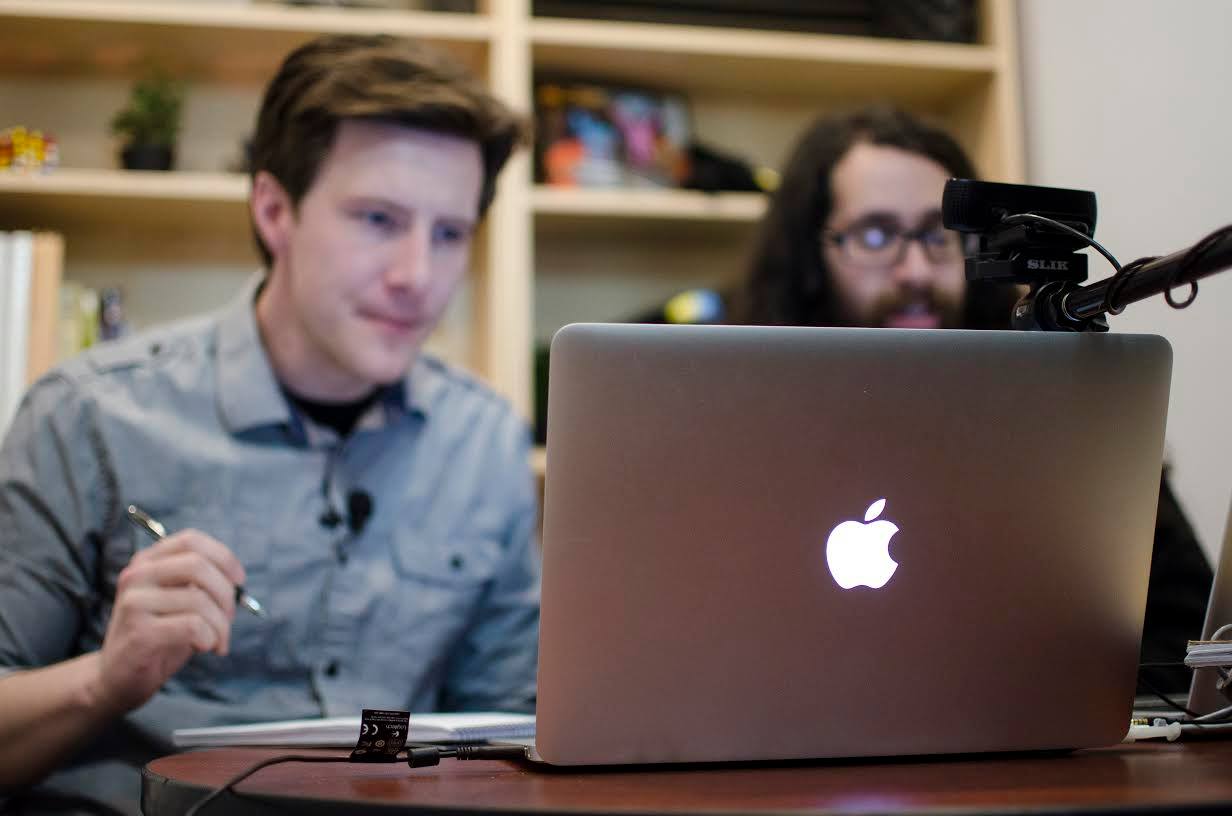This article was originally published on Stanford Social Innovation Review.
By Nick Martin & Christopher Neu
On November 3, 1961, John F. Kennedy’s universal call to fight poverty was formalized in the creation of the US Agency for International Development (USAID). Today, the rising cost of education means only a select few can answer that call. At USAID and implementing organizations, higher levels of leadership are mostly closed to those with only a bachelor’s degree. An elite master’s degree is especially costly—a two-year master’s in public policy from Harvard’s Kennedy School costs $154,688.
Students passionate about building a better future are increasingly being asked to mortgage their own in return. Students share the growing burden of student debt across the country: The median level of indebtedness for a Master of Arts degree jumped from $38,000 in 2004 to $59,000 in 2012, after adjusting for inflation. But the ability to repay debts is not equal across fields: Social workers are, in comparison, highly unlikely to make a salary sufficient to repay those debts without hardship. The result is that students are getting squeezed between inflated education requirements and constrained salaries at a time when the world most needs them to tackle complex global challenges.
To overcome the barriers of insufficient access to education, universities are turning to massive open online courses (MOOCs) to teach about sustainable development. For example, Wesleyan developed How to Change the World, Stanford created Mobile Health Without Borders, and even UC Berkeley has a new initiative to build a Philanthropy University with Acumen and NovoEd. But scaling a lecture hall through video content is easy; it’s creating an affordable and effective classroom experience that’s hard.
Further progress will require a revolution in online pedagogy as much as improved technology, or possibly even an unbundling of the graduate degree from the traditional 40 three-credit courses. As employers better identify the discrete skill sets and competencies they need, students will be empowered with clarity about where they want to spend their time and money to enter the workplace. Education and accreditation have never been more important for workplace success, but the in-person college experience may soon become an unaffordable luxury.
At TechChange, we believe that we can achieve a guided student experience, a network of dedicated alumni, and an expansion of career opportunities all online. Fortunately, our students believe the same. In the last month, we’ve seen record enrollments in our new low-cost online diploma program, with more than 120 applicants from more than 40 countries already signing up for our 16-week program on technology for monitoring and evaluation. These students come from organizations and governments such as UNICEF, Mercy Corps, Peru, and the World Bank. Employers have similar confidence in this model; several are sponsoring group enrollments in the diploma program.
Online educators have much to learn from one another. In building out the program, we have drawn heavily from in-person and online models of education that are pushing boundaries, including:
- Amani Institute: Has a five-month post-graduate certificate program in applied skills for changing the world (now in Kenya and Brazil).
- General Assembly: Known for its intensive, 12-week boot camps in computer programming and design, and has a great track record at placing graduates in better-paying jobs.
- Khan Academy: Set the standard for engagement in online learning through quality content and personalized learning paths.
There is no clear answer to the problems of unsustainable careers in sustainable development. Universities are expensive, and these jobs are highly complex. However, by unbundling the graduate school experience, and examining how we can recreate and improve it online, educators might just find new methods for launching the next generation of development practitioners unburdened by lifelong debt.
Last week, the United Nations hosted the Sustainable Development Summit in New York and convened interactive dialogues on six themes including ending poverty and combating climate change. Perhaps it’s also worth discussing how we ensure that the careers of the people required to address these problems are also sustainable. Rethinking graduate school seems like a good place to start.
***
Nick (@ncmart) is the founder and CEO of TechChange. He is also an adjunct professor at Georgetown and George Washington Universities.
Chris (@neuguy) is the COO of TechChange. He holds a master’s in democracy and governance from Georgetown University.
This article was originally published on Stanford Social Innovation Review. Featured image credit: Russell Watkins, DFID Flickr.

